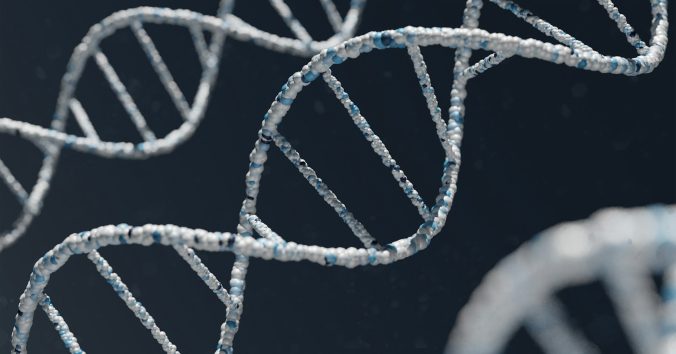Human genomics has potential to improve the health of individuals and populations for generations to come. It also requires the collection, use and sharing of data from people all over the world. There is therefore an accompanying need for a globally fair distribution of genomic technology, data and results. As the databases and infrastructures will be in operation for a long time, ethical, legal, social and cultural issues need to be taken into account from the outset, considering the entire life cycle of the data.
To promote such an ethical, equitable and responsible use of genomic data, the World Health Organization (WHO) recently issued globally applicable guidelines for human genome data collection, access, use and sharing. The guidelines are formulated as 8 principles with associated practical recommendations. The principles were developed step by step, first through review of existing documents and virtual consultation with experts from different parts of the world, then through a workshop in Geneva where experts met on site. Finally, the draft was discussed through public consultations.
The purpose of the WHO document is to create globally applicable principles that can complement local legislation. This is to promote, among other things, social and cultural inclusiveness as well as justice in the use of human genome data.
Read the important document here: Guidance for human genome data collection, access, use and sharing.

Written by…
Pär Segerdahl, Associate Professor at the Centre for Research Ethics & Bioethics and editor of the Ethics Blog.
Approaching future issues


